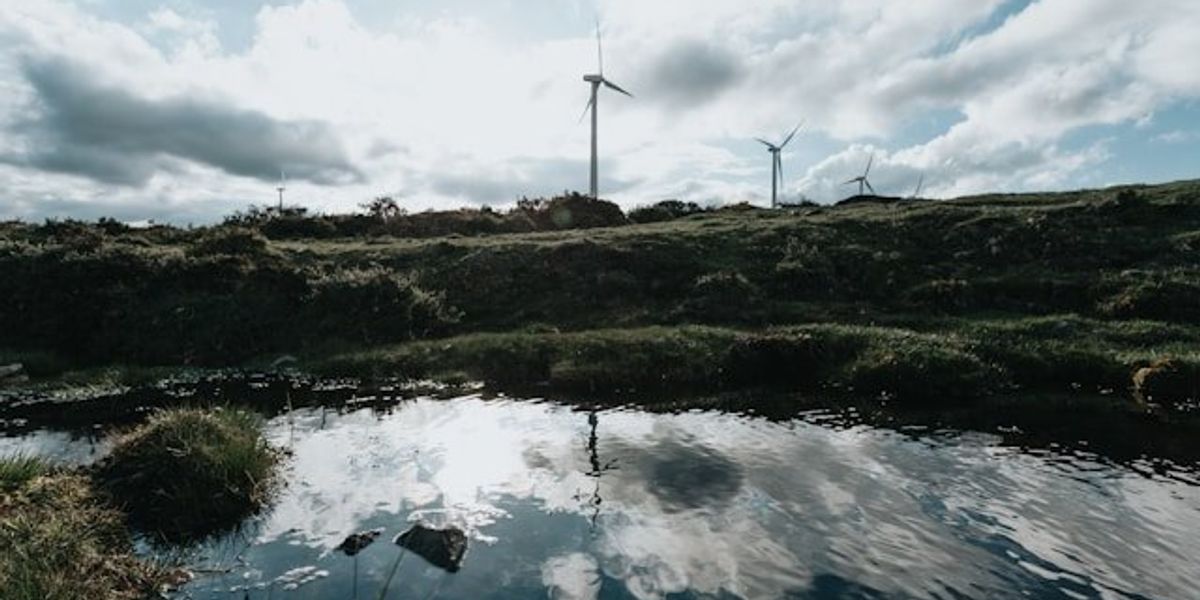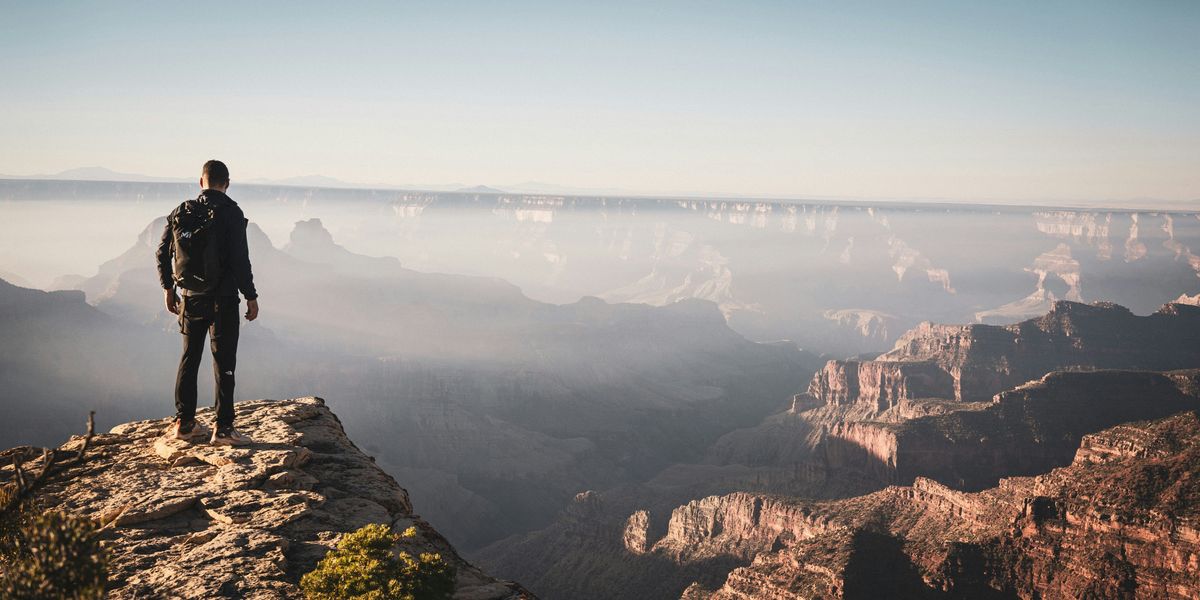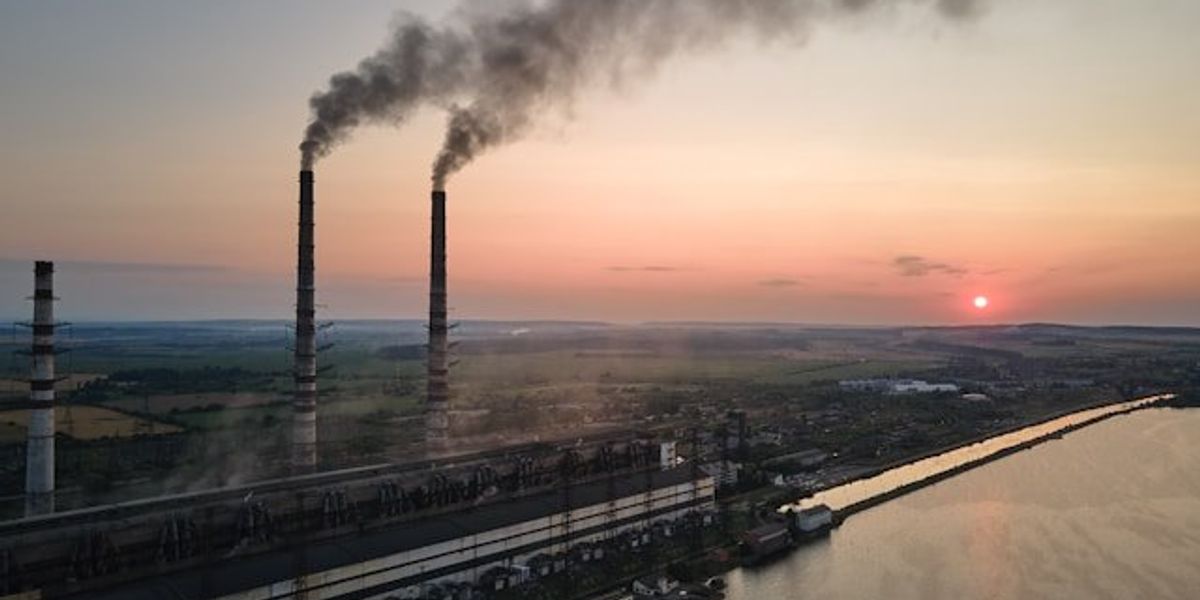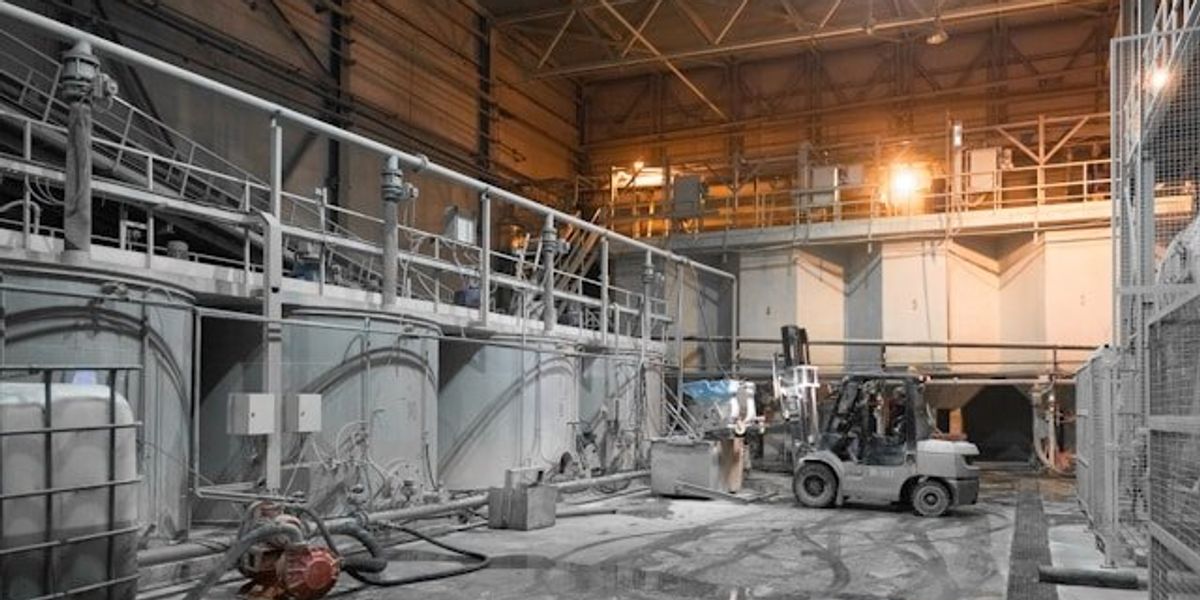
China’s climate leadership may grow as U.S. pulls back
China could take on a larger role in global climate action as the United States retreats from international agreements and funding, according to the president-designate of COP30.
In short:
- COP30 President-Designate Andre Aranha Correa do Lago said China has provided key climate solutions and could be looked to for greater leadership.
- Since taking office, President Donald Trump has withdrawn the U.S. from the Paris Agreement and cut global climate funding.
- China’s dominance in solar panel production, fueled by years of subsidies, has helped lower costs worldwide, benefiting renewable energy expansion.
Key quote:
"Reducing the prices of solar panels is one of the most fantastic policies to expand renewable energy in developing countries."
— Andre Aranha Correa do Lago, COP30 president-designate
Why this matters:
China’s expanding influence in global energy policy is becoming more pronounced as the United States pulls back from its climate commitments. As the world’s largest emitter of greenhouse gases, China plays a central role in shaping the future of renewable energy, particularly through its massive investments in solar power. The geopolitical implications of China’s energy policies are profound. Without strong U.S. engagement, will climate action become more fragmented, dictated by national interests rather than collective urgency? The answer may determine how quickly — if at all — the world can meet its climate goals.













